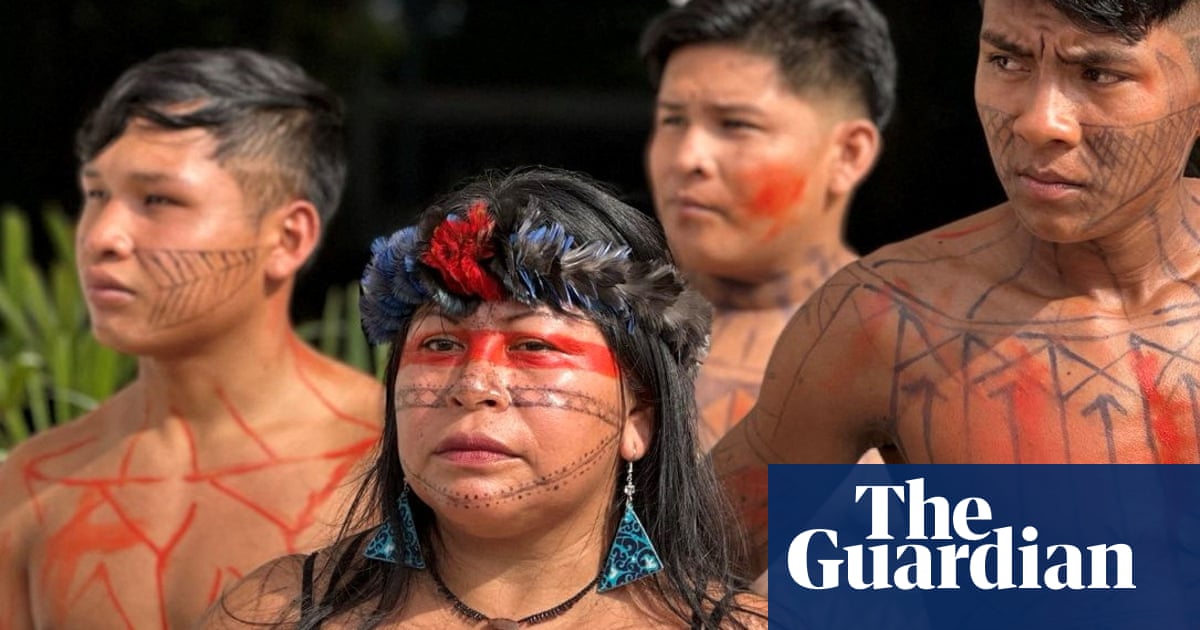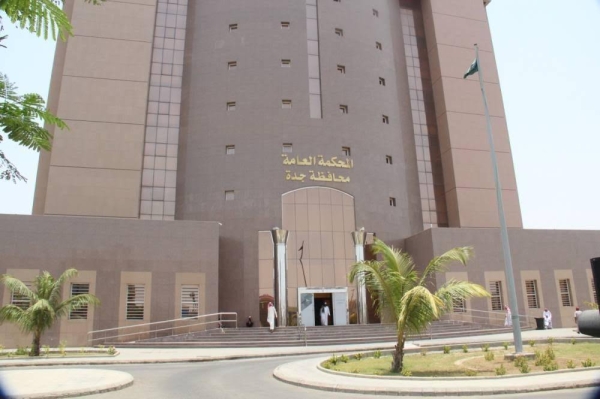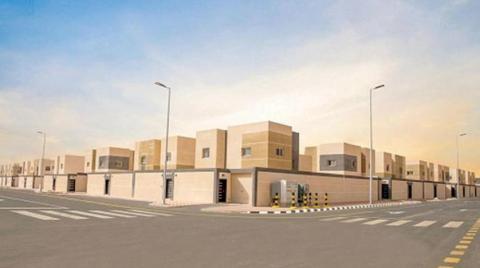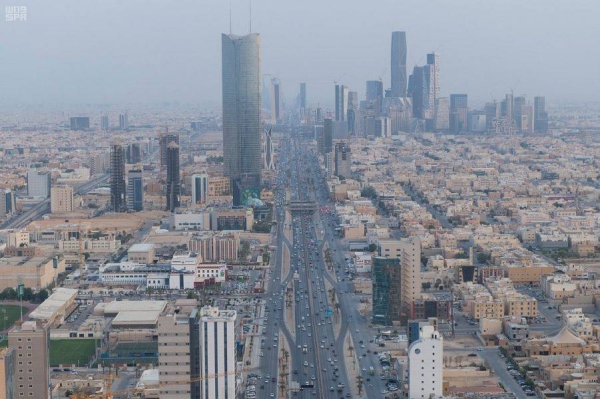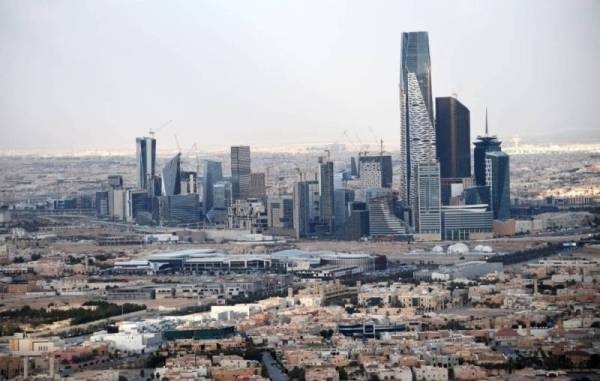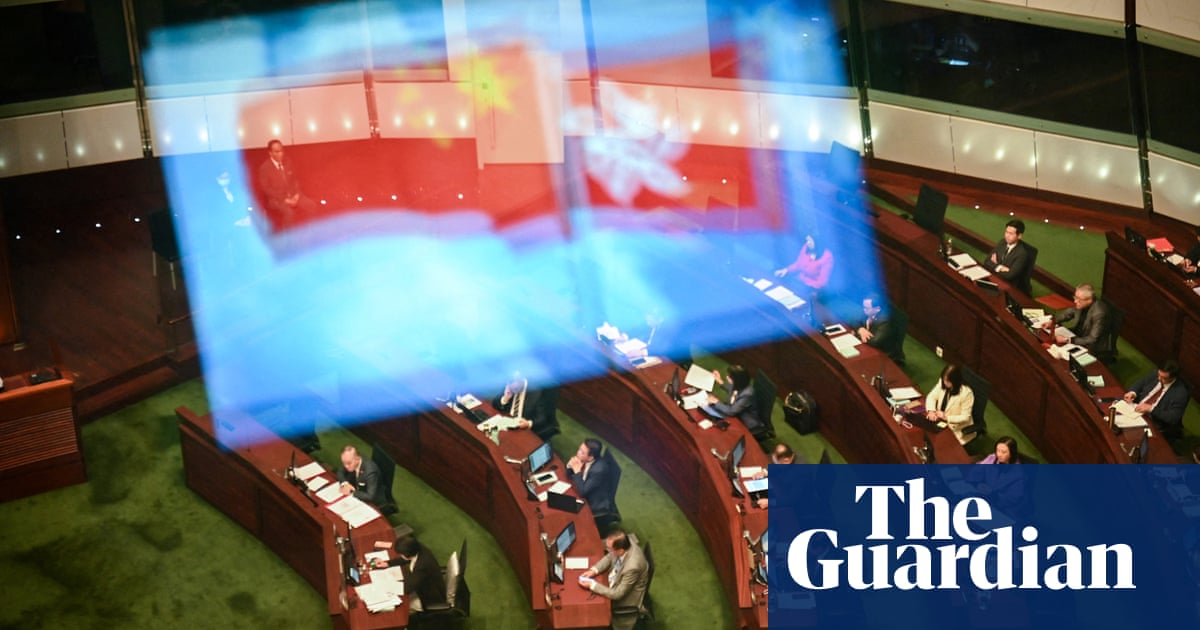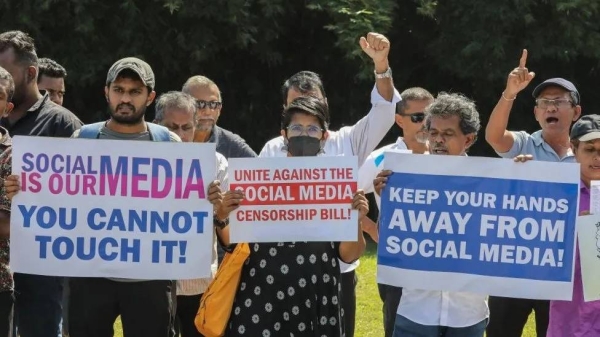
Sri Lanka"s draconian law to regulate online content has come into force, in a move rights groups say is aimed at stifling freedom of speech.
The Online Safety Act gives a government commission broad powers to assess and remove "prohibited" content.
Authorities said it would help fight cybercrime, but critics say it suppresses dissent ahead of elections.
Social media had a key role in protests during an economic crisis in 2022, which ousted the then president.
The act was passed on 24 January by 108-62 votes — sparking protests outside parliament — and came into effect on Thursday after the Speaker endorsed it.
The wide-ranging law prohibits "false statements about incidents in Sri Lanka", statements with "an express intention of hurting religious feelings" and the misuse of bots, among other things.
A five-member commission appointed by the president will be given powers to assess these statements, to direct their removal, and to impose penalties on the people who made those statements.
The legislation will also make social media platforms liable for messages on their platforms.
Publicity Security Minister Tiran Alles, who introduced the draft legislation in parliament, said it was necessary to tackle offences associated with online fraud and statements that threaten national stability.
More than 8,000 complaints related to cybercrimes were filed last year, he noted.
A Sri Lankan pro-democracy group said on Thursday that the government"s "adamant pursuit" of the legislation was a "clear indication of its intention to silent dissent and suppress civic activism" as the country was still reeling from the consequences of its worst economic crisis.
Food prices and inflation have reached record levels since the country declared bankruptcy in April 2022 with more than $83bn in debt. Then president Gotabaya Rajapaksa was forced to step down and leave the country after thousands of anti-government protesters stormed into his residence.
"While the citizens silently suffer amidst escalating cost of living and unmanageable hunger, it is crucial for the rulers to recognise that this silence does not equate to obedience... It is the precursor to a major backlash against the government"s coercive rule," said the group known as the March 12 Movement.
Rights group Amnesty International said the act"s broad provisions and vague wording would restrict people"s rights to freedom of expression and privacy online.
"[It] is the newest weapon in the government"s arsenal of tools that could be used to undermine freedom of expression and suppress dissent," said Thyagi Ruwanpathirana, the group"s regional researcher for South Asia.
Last October, the UN"s human rights office raised concerns against the draft law saying that it would give authorities "unfettered discretion to label and restrict expressions they disagree with as "false statements"",
Sri Lanka"s next presidential elections are expected to be held later this year or early next year. — BBC




